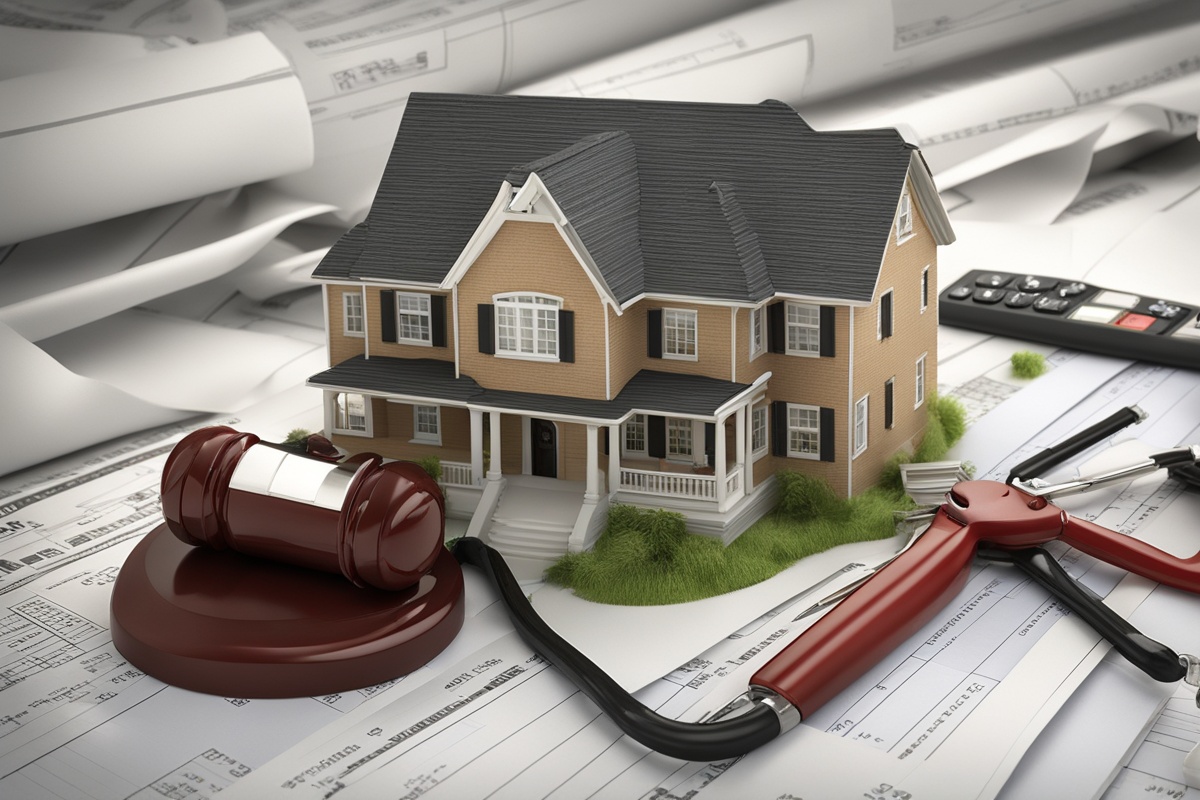Homeownership is a significant milestone, but it comes with a unique set of financial responsibilities. From mortgage payments to unexpected repairs, managing your finances as a homeowner requires careful planning and discipline. One of the most effective ways to stay on top of your expenses and build financial stability is through smart budgeting for homeowners. In this comprehensive guide, we’ll explore actionable strategies to help you create a budget that works for your lifestyle, protects your investment, and secures your financial future.
Why Smart Budgeting for Homeowners Matters
As a homeowner, your financial obligations extend beyond monthly rent or basic utilities. You’re responsible for property taxes, home insurance, maintenance costs, and potentially homeowners association (HOA) fees. Without a well-structured budget, it’s easy to fall behind on payments or overspend on non-essential items. Smart budgeting for homeowners ensures that you allocate funds to critical areas while still saving for emergencies and personal goals. It’s the foundation of financial security and helps reduce stress associated with unexpected expenses.
By prioritizing budgeting, you can avoid common pitfalls like accumulating debt or neglecting home maintenance, which could lead to costly repairs down the line. Let’s dive into practical steps to create a budget tailored to your needs as a homeowner.
Assess Your Income and Expenses
The first step in smart budgeting for homeowners is understanding your financial landscape. Start by calculating your total monthly income after taxes. This includes your salary, freelance income, rental income (if applicable), or any other sources of revenue. Next, list all your monthly expenses, categorizing them into fixed and variable costs. Fixed costs include your mortgage payment, property taxes, and insurance, while variable costs might include utilities, groceries, and entertainment.
Don’t forget to account for irregular expenses, such as annual property taxes or biannual home maintenance tasks. A helpful tool is to use budgeting apps or spreadsheets to track your spending. By having a clear picture of where your money goes, you can identify areas to cut back and redirect funds toward savings or debt repayment. For more tips on tracking expenses, check out our guide on personal finance tools for beginners.
Prioritize Homeownership Costs in Your Budget
Owning a home comes with non-negotiable expenses that must take precedence in your budget. Your mortgage payment is likely your largest monthly expense, so ensure it’s covered before allocating funds to discretionary spending. Additionally, set aside money for property taxes and homeowners insurance, as these protect your investment and are often required by lenders.
Another critical aspect of smart budgeting for homeowners is planning for maintenance and repairs. Experts recommend saving 1-3% of your home’s value annually for upkeep. For a $300,000 home, that’s $3,000 to $9,000 per year. Create a separate savings account for these costs to avoid dipping into your emergency fund. If you’re part of an HOA, include those fees in your budget as well. For a deeper dive into managing home maintenance costs, read our article on home maintenance budgeting tips.
Build an Emergency Fund for Unexpected Costs
One of the cornerstones of smart budgeting for homeowners is preparing for the unexpected. Homeownership often comes with surprises like a leaking roof, a broken HVAC system, or plumbing issues. Without an emergency fund, you might be forced to rely on credit cards or loans, which can spiral into debt. Financial advisors suggest saving at least 3-6 months’ worth of living expenses in an easily accessible account.
Start small if necessary—set aside a fixed amount each month until you reach your goal. This fund acts as a safety net, giving you peace of mind and preventing financial strain during emergencies. To learn more about building an emergency fund, explore our post on creating a financial safety net.
Cut Unnecessary Expenses and Save for Home Improvements
Smart budgeting for homeowners isn’t just about covering essentials; it’s also about finding ways to save for future goals, such as home renovations or upgrades. Review your variable expenses to identify areas where you can reduce spending. For example, consider cooking at home more often instead of dining out, or switching to energy-efficient appliances to lower utility bills.
Redirect the money you save into a dedicated account for home improvements. Whether it’s a kitchen remodel or adding solar panels, having a separate fund ensures you’re prepared without disrupting your regular budget. Additionally, some upgrades can increase your home’s value, offering long-term financial benefits. Check out our guide on cost-effective home upgrades for inspiration.
Review and Adjust Your Budget Regularly
A budget isn’t a set-it-and-forget-it tool. Life changes—whether it’s a new job, a growing family, or fluctuating interest rates—can impact your finances. Make it a habit to review your budget monthly or quarterly to ensure it aligns with your current situation. Adjust for increases in property taxes, insurance premiums, or maintenance needs as necessary.
Regular reviews also help you stay accountable to your financial goals. If you’ve overspent in one category, balance it by cutting back in another. Staying proactive with your budget prevents small issues from becoming major problems. For additional strategies on maintaining financial discipline, see our article on long-term financial planning.
Disclaimer: The information provided in this article is for general informational purposes only and should not be considered as financial advice. Every individual’s financial situation is unique, and you should consult with a certified financial planner or advisor before making significant budgeting or investment decisions. We are not responsible for any financial losses or damages resulting from the application of the strategies discussed in this post.
References
- NerdWallet: How to Create a Budget
- Consumer Financial Protection Bureau: Owning a Home
- Forbes: Why You Need an Emergency Fund
- Bankrate: Home Maintenance Costs for Homeowners
- Investopedia: Budgeting Basics
This content is for informational purposes only and not a substitute for professional advice.





